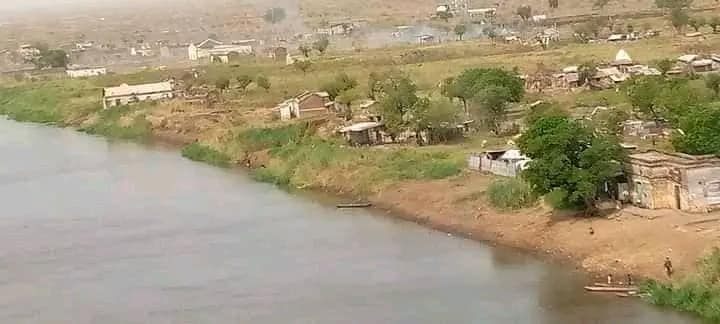A fragile calm has returned to the town of Nasir in South Sudan’s Upper Nile State after clashes last week between the South Sudan People’s Defence Forces (SSPDF) and armed civilians.
However, local authorities warn that the humanitarian situation remains critical, with thousands displaced and in urgent need of food, water, and medical supplies.
The violence erupted last Friday and continued into Saturday, leaving at least five people dead and several others injured. The fighting forced much of the local population to flee, leaving the town largely deserted.
Speaking to Radio Tamazuj on Wednesday, Gatluak Lew Thiep, the Nasir County commissioner, said residents are slowly returning home but face a worsening humanitarian crisis.
“Since the clashes, the army has remained within their barracks, which has helped maintain calm,” he said. “However, the main challenge now is that our people lack basic necessities like food, water, and medicines as they return from displacement.”
David Panom, the acting coordinator for the Relief and Rehabilitation Commission (RRC), echoed these concerns, appealing for urgent food aid.
“Around 18,000 people were displaced to areas such as Kot, Mandeang, and Pananyang,” he said. “There is no flour available, and people are relying solely on fish for survival. The situation was already dire, but the incident on 14 February has made it even worse.”
One resident, Nyanath John, described the suffering endured by the community. “We are urging the government to come to our aid. Our situation is desperate—we have no food,” she said.
Tensions between the SSPDF and armed civilians in Nasir remain high. The government has reportedly dispatched new forces to replace troops stationed in the area for several years. However, the move has sparked unease among locals, who fear the incoming forces may target civilians and carry out a disarmament campaign.
The local community has rejected the deployment, calling instead for a unified force to be sent to the area.
South Sudan has yet to fully integrate its various armed groups into a single national army, a key component of the 2018 peace agreement that ended a five-year civil war. Although South Sudan has been formally at peace since the agreement, political tensions persist as the country prepares for its first post-independence elections, scheduled for December 2026.




